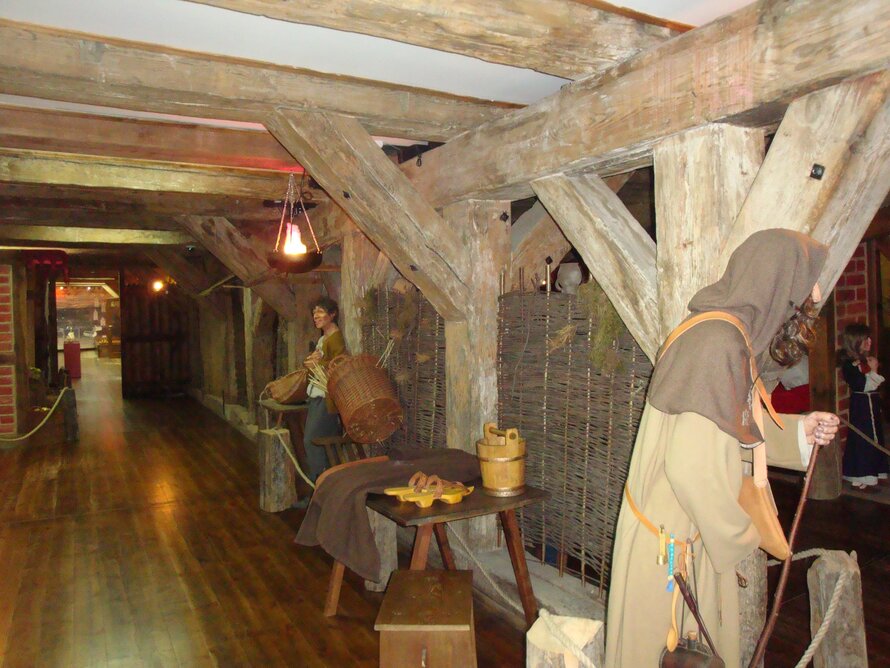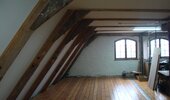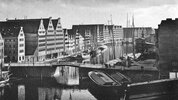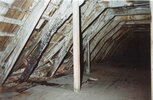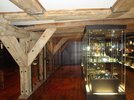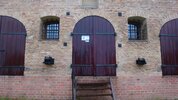"The Blue Lamb" Granary, Gdañsk
“The Blue Lamb” Granary in Gdañsk was built in the 16th century with several alterations made between 16th and 19th century. Back then and up to 1945 it used to be one of hundreds of similar granaries situated on Granary Island, at the Motlava river in Gdañsk. After numerous ...
Read more
Project details
| Title: | "The Blue Lamb" Granary, Gdañsk |
|---|---|
| Entr. year: | 2011 |
| Result: | Award |
| Country: | Poland |
| Town: | Gdañsk |
| Category type: | building conservation |
| Notes: | Building type also: Industrial heritage |
| Building type/ Project type: | Agricultural building/structure |
| Former use: | Granary |
| Actual use: | Museum, cultural attraction |
| Built: | 16th century |
| Architect / Proj.leader: | Archaeological Museum of Gdañsk |
| The Jury's citation: | “Old photographs of the Motlava River in Gdansk show countless granaries like the “Blue Lamb”, but wars, fires and bombings have accounted for the destruction of all but this one. Even so, the building was in a sad state of deterioration until this project was undertaken. The jury was impressed not only with the quality of the timber, brick and metal restoration and structural renewal, but also by the appropriate and well-conceived adaptation of the building as a museum. A unique historical granary so strongly connected with Gdansk’s identity as a merchant city has been saved.” |
| GPS: | 54°20'41,4"N; 18°39'18,3"E |
| Web, Links: | www.archeologia.pl/ |
Description:
“The Blue Lamb” Granary in Gdañsk was built in the 16th century with several alterations made between 16th and 19th century. Back then and up to 1945 it used to be one of hundreds of similar granaries situated on Granary Island, at the Motlava river in Gdañsk. After numerous wars, fires, and finally the bombing in 1945 the Blue Lamb was the only granary to preserve not only its facade but also the original internal wooden structure. However, due to lack of conservation works and poor maintenance in the latter period the technical condition of the unique building was in a state of deterioration. This project involved conservation works of the inside wooden load-bearing structure, conservation of the preserved elements of rafter framing, conservation works of the four brick elevations, metal elements, and the inside walls. The roof was repaired and tiled, the foundations were strengthened, the floors received boarding. As part of the project, the building was adapted for public use as a museum, which involved some installation and conversion works. As a result, the unique historical granary, so strongly connected with Gdañsk history as a merchant city, has been rescued.
Similar projects
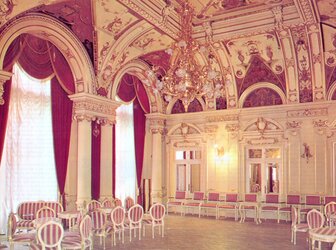
19th century
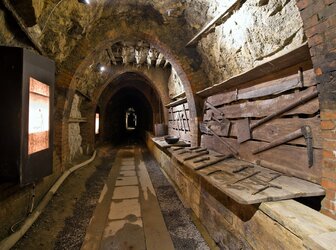
End of the 18th century
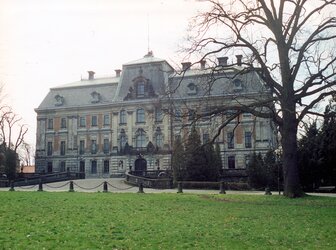
19th century
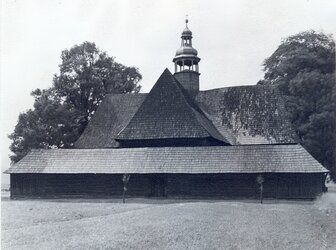
18th century
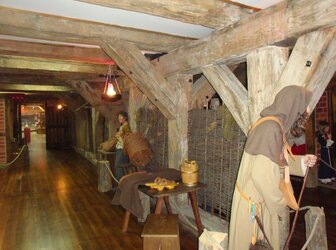
16th century
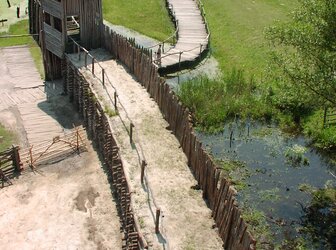

17th century
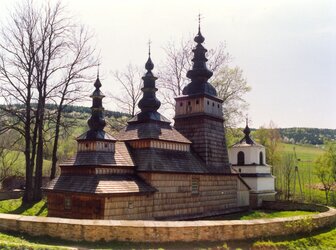
16th-17th century
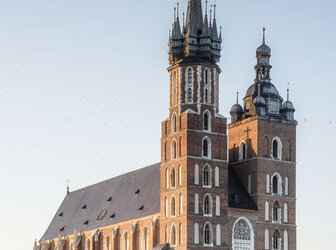
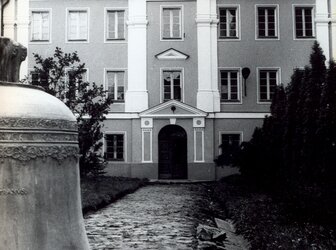
15th century

19th century
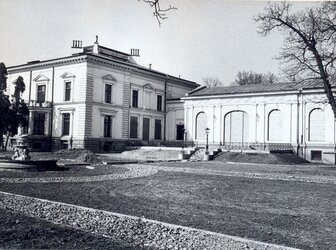
19th century
